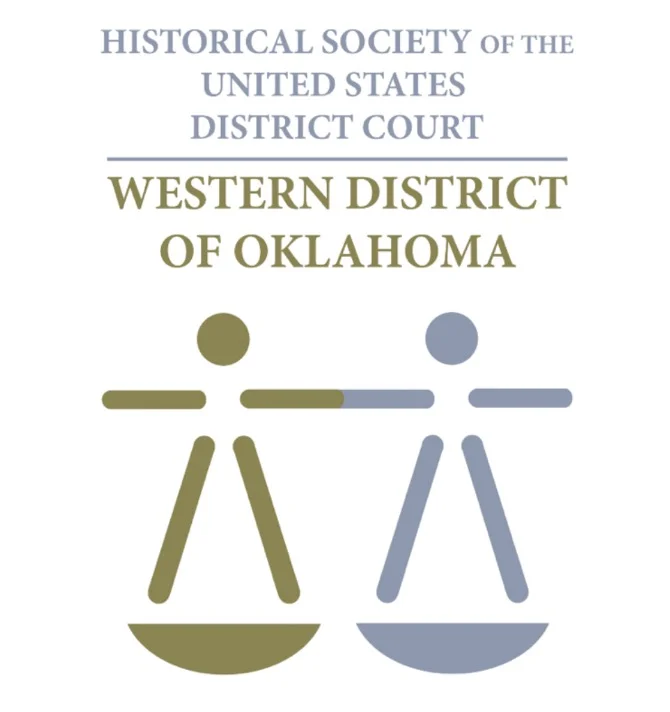Guinn v. United States (1915)
Oklahoma giveth, and Oklahoma taketh away. When Oklahoma was admitted to the Union in 1907, the state constitution, as written, gave any man, of any ethnicity, the ability to vote (subject to some age and residency requirements). Three years later, Oklahoma amended the state constitution to take away the ability to vote unless a citizen could pass a literacy test.
Oklahoma’s literacy requirement applied to all potential voters unless they qualified under the “grandfather clause.” This clause exempted a potential voter from the literacy test if he was the direct descendant of someone who could vote on or before January 1st, 1866. As a result of this literacy requirement, black citizens who could vote under the original state constitution were turned away from the polls.
The literacy requirement and its grandfather clause were eventually challenged in the Supreme Court.
Before the Supreme Court, the United States argued that Oklahoma’s grandfather clause violated the Fifteenth Amendment. This amendment secures the right of persons to be free from restrictions on voting that are race-based. As the United States asserted, the grandfather clause’s cut-off date, January 1st, 1866, was in effect a race-based restriction on voting.
The Supreme Court agreed. Key to the Court’s determination, the Fifteenth Amendment was not ratified until 1870. But the grandfather clause applied to those whose grandfather could vote in 1866—four years before the ratification of the Fifteenth Amendment. Effectively, the grandfather clause exempted white citizens, whose grandfathers could vote before the Fifteenth Amendment, and applied largely to black citizens, whose grandfathers could not vote before the Fifteenth Amendment. The grandfather clause, therefore, was a race-based restriction on voting and the Court struck the clause (as well as the literacy test) down as unconstitutional.
